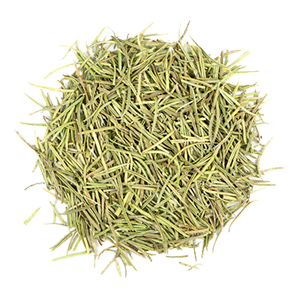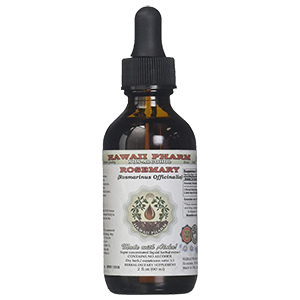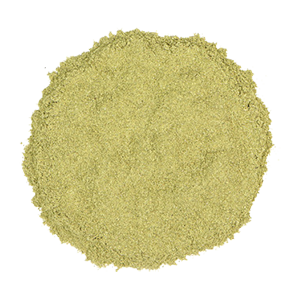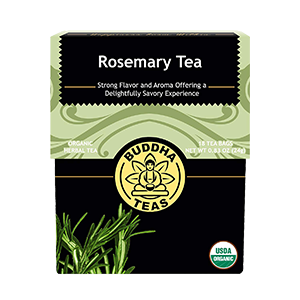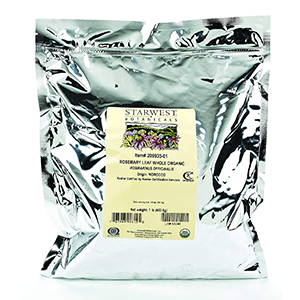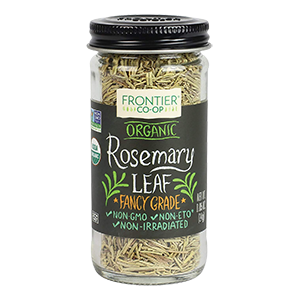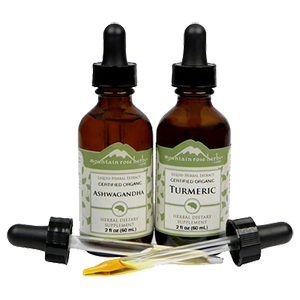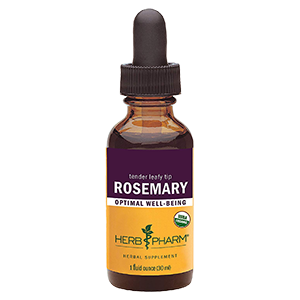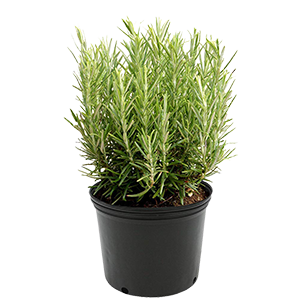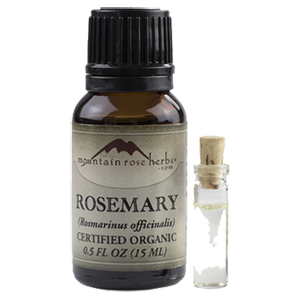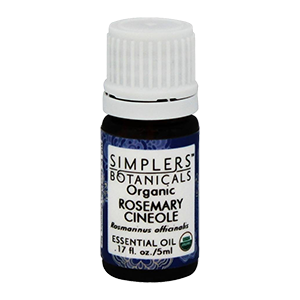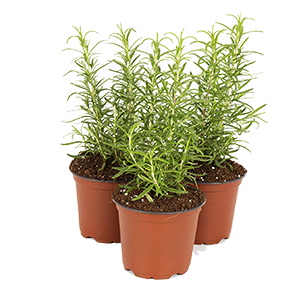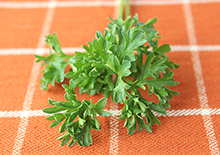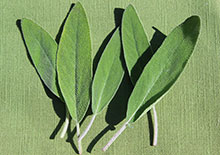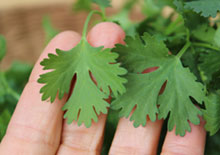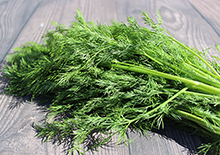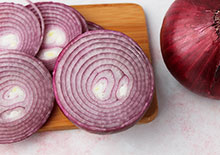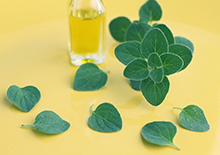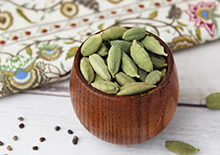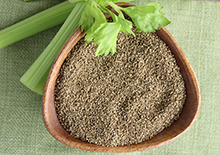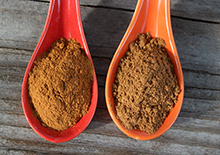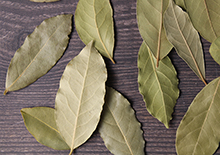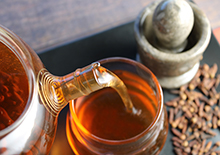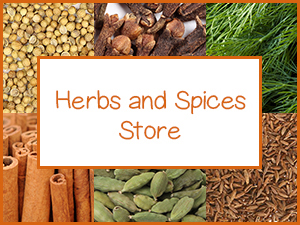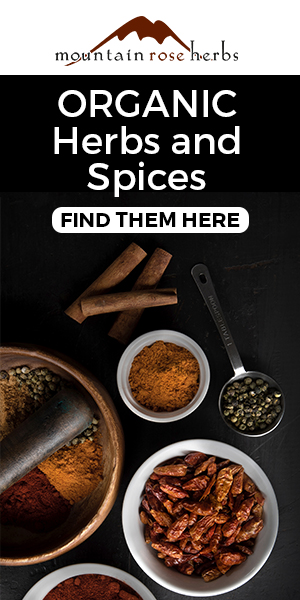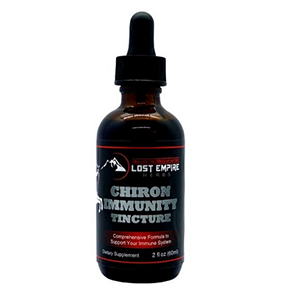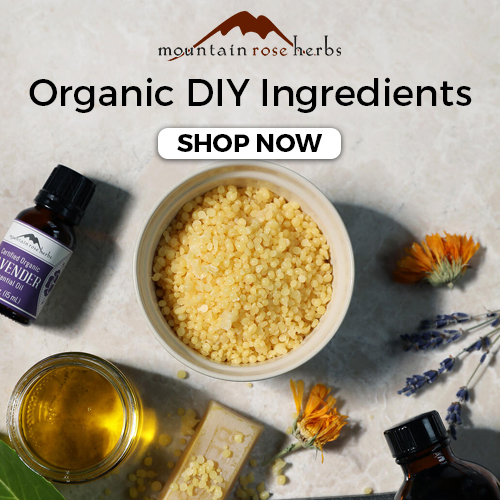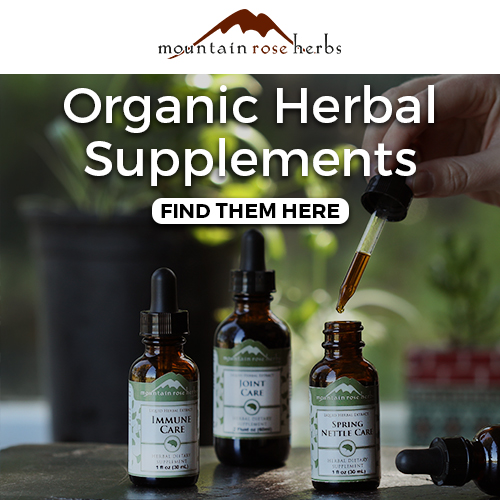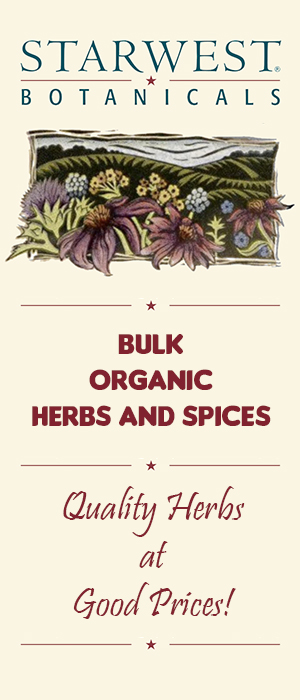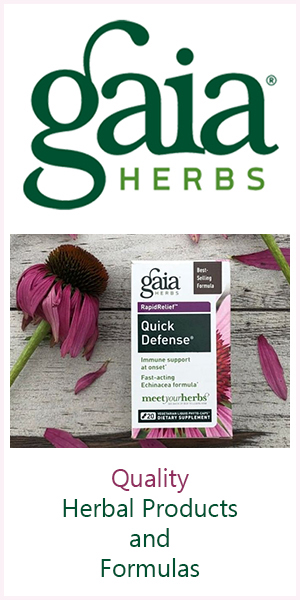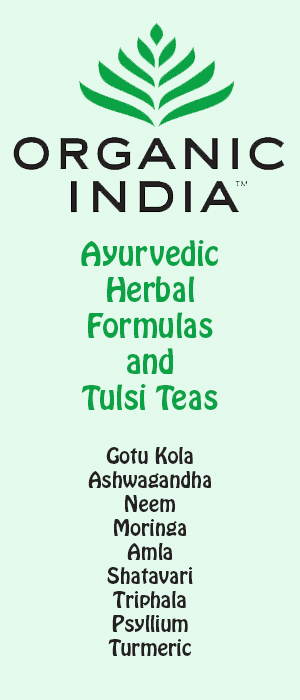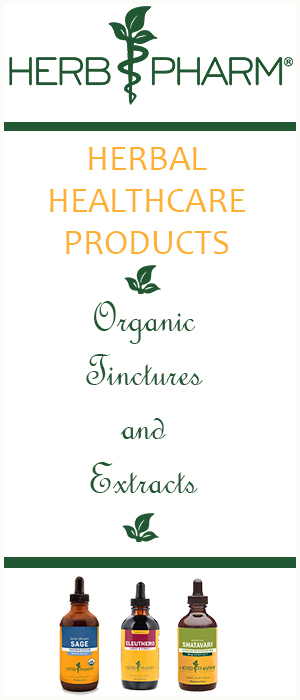- Home
- Herbs and Spices
- Rosemary Herb
Rosemary Herb Benefits, Less Common Folk Uses
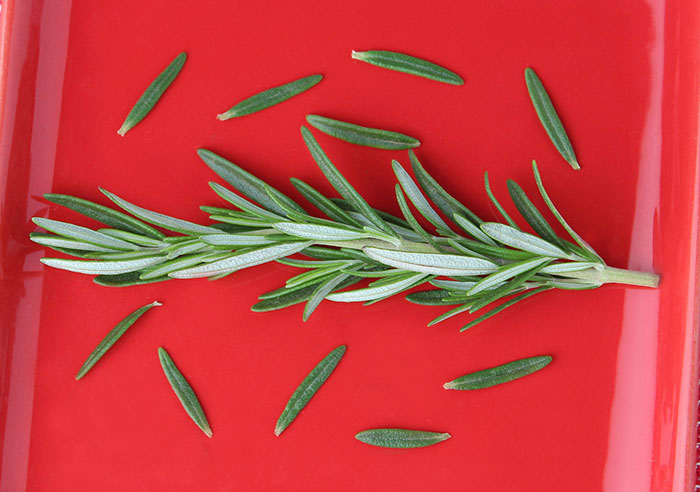
Rosemary herb is among one of the most well-known leafy culinary herbs common to herb gardens and spice racks across many continents.
Rosmarinus officinalis is a species now botanically identified as Salvia rosmarinus as it has been recently reclassified with plants, like sage, which come from the Salvia genus.
These types also have similar looking flowers as do others in the family Lamiaceae or "mint family" such as basil, oregano, thyme and lavender.
Table of Contents
Intro | Folklore, Rituals and Symbolism | Top 3 Uses | How to Use | Precautions | Shop
Rosemary, with its slender thick leaves growing off a woody stem, is one of those plants that have been historically utilized by humans for a very long time and is thus deeply rooted in herbal folklore and tradition. In fact, some sources say it was one of the earliest herbs documented on cuneiform clay tablets by ancient Mesopotamian civilizations.
As
a Mediterranean native plant and cultivar, rosemary is linked with its
affinity for coastal sea air and environments. The original Latin name
rosmarinus comes from "ros", meaning dew and "marinus", meaning sea.
Often retaining its green silvery leaves and strong fragrance with blooming flowers throughout the year, it can withstand dry climates and is commonly found untended as a hardy drought-tolerant ornamental shrub.
Rosemary Folklore, Rituals and Symbolism
Rosemary herb throughout global history has been used for ritualistic purposes by numerous cultures around the world. Across Europe, sprigs of rosemary, bouquets and/or garlands were used in both weddings as well as in funeral ceremonies. In the poem "The Rosemary Branch, 17th century poet Robert Herrick wrote, "Grow it for two ends, it matters not at all, Be it for my bridal or burial."
It is likewise an herb associated with loyalty within marriage and rosemary in the home and garden is declared to help maintain a strong female dominance in the household.
Rosemary is also related to love and magic. In medieval folklore, if a
man could not smell the fragrance of rosemary, he was not capable of
loving a woman. In Shakespeare's play, Romeo and Juliet, he writes "Doth
not rosemary and Romeo begin both with a letter?", which is a take on
this perspective.
In ancient Greece it was believed to be
sacred to the goddess of love, Aphrodite, who like rosemary had a deep
connection to the sea.
As a highly fragrant aromatic herb, it
has been widely utilized as a concentrated essential oil in
aromatherapy, used with a carrier oil for topical use in massage or for
the skin, scalp and hair care treatments.
While also popular
as a food seasoning described to impart a combination of flavors such as
pine, mint and citrus, rosemary herb can also be a potent plant-based
ally to include in your herbal apothecary.
Here we'll discuss the traditional uses of rosemary leaves as an herbal substance and the three main virtues of this common culinary leaf that you may not know about.
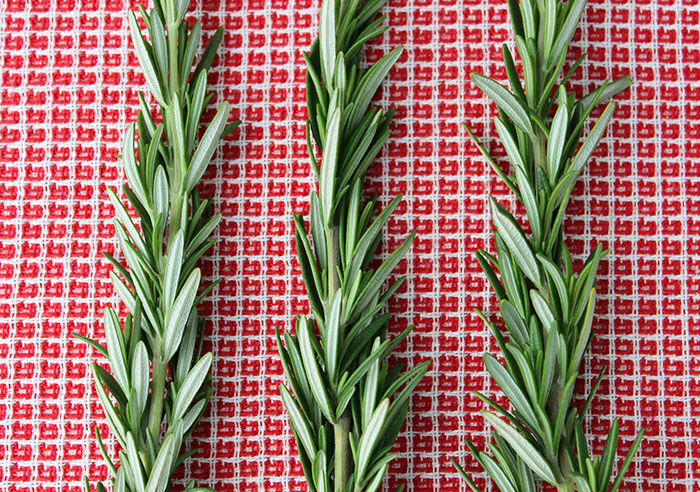
Top 3 Traditional Folk Uses of Rosemary
1) Rosemary Herb Benefits for Memory
2) Rosemary and Its Purifying Properties
3) Using Rosemary as a Digestive Aid
1) Rosemary Herb Benefits for Memory
Rosemary has had a well-known reputation throughout the ages as a "memory enhancing" herb. Nicolas Culpeper, a 17th-century physician of herbal medicine, says that "It helps a weak memory, and quickens the senses", much the same way he describes the herb sage to have a similar benefit. As a mild warming stimulating diaphoretic, this might have something to do with rosemary's influence on circulation and its potential effect at enhancing blood flow to the brain.
Referred to by Shakespeare as the herb of "rememberance" in such plays as Hamlet and the verse by Ophelia, "There is rosemary for you, that's for rememberance! Pray you, love, remember."
Greek scholars were often claimed by many sources to have worn rosemary during examinations to improve their memory recall and performance. In the book Essential Herbal Wisdom, it was reported to be a customary folk remedy for a headache and was said "to ease the mind of cares." Rosemary leaves when crushed, steeped or heated were also believed to have a mood uplifting influence and supportive to general "mental health."
While science does give some merit to its claim on boosting mental acuity, concrete evidence of this effect is still pending. Interestingly, in one small human study testing cognitive function of elderly subjects, dried rosemary powder of about 750 mg (or close to 1/8 teaspoon) was shown to have "positive effects on speed of memory", while much higher doses of 6,000 mg had a cognitive-impairing outcome.
Used in moderate amounts, one might conclude from direct experience that the strong invigorating herbaceous piney scent of rosemary naturally does help to focus the senses.
This fragrance comes
from its concentrated aromatic volatile oils found in the leaves. These
compounds as well as other phenolic derivatives and diterpenes act as
ANTIOXIDANTS and are also thought to play a role in supporting an alert
state of mind when ingested.
Some of the major constituents
include: caffeic acid, carnosic acid, chlorogenic acid, oleanolic acid,
rosmarinic acid, ursolic acid, alpha-pinene, camphor, carnosol,
eucalyptol, rosmadial and rosmanol. (Source)
ROSMARINIC ACID is the one most associated with rosemary, but it is also found in a number of other herbs and spices including thyme, sage, basil, marjoram, oregano and mint.
Fresh organic rosemary, as well as dried leaves and powders, can be used in a number of ways to extract their medicinal qualities. For example, rosemary is often utilized in olive oil or vinegar infusions which are great to have on hand for salad dressings or drizzled on top of meals.
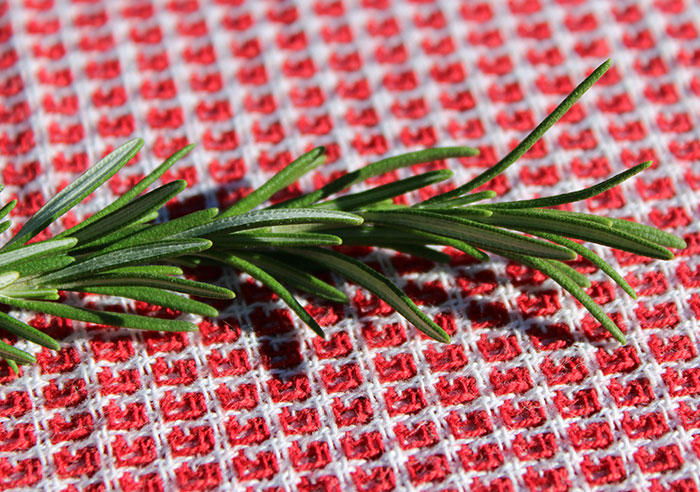
2) Rosemary Herb and Its Purifying Properties
The compounds in rosemary leaves have been highly revered for their antibacterial, antifungal and antiseptic attributes. This includes phenolic antioxidant-rich components like carnosic and rosemarinic acids, which in some research was proposed to be the "main bioactive antimicrobial compounds" in rosemary extracts.
Rosemary extracts are in fact often used as a natural preservative in homemade herbal body care products to stabilize their shelf life for this reason.
Incorporating a variety of leafy aromatic culinary herbs, like rosemary, into a healthy diet and lifestyle protocol can be supportive to the growth of beneficial gut bacteria and a healthy intestinal microbiome.
According to an article on the Body Ecology website, rosemary herb is cleansing to the blood and keeps pathogenic bacteria, like candida, in check without eliminating the good bacteria and yeast.
Believed to offer a shielding impact to the immune system, rosemary was one of the herbal substances used for protection against the Great Plague of the late Middle Ages. Fresh rosemary leaf with its powerful purifying and disinfecting qualities, was considered a magical herb and often burned to purify the air, hung in homes and worn on the body to ward off such epidemics.
Medical physicians, or "plague doctors", treating bubonic plague victims were known to wear beak-like face masks stuffed with aromatic herbs, such as rosemary.
Rosemary, along with garlic, was also one of the herbal ingredients utilized in the famed concoction "Four Thieves Vinegar", originally developed in Marseille, France to offer protection against the plague or "Black Death."
Likewise, rosemary leaves were the main plant material used in the original "Queen of Hungary's Water", one of the first European perfumes formulated in the late 14th century. One legend claims that Hungary's Queen Isabella, the intended recipient of the water, consumed it to regain her strength and beauty in her elder years.
By the late 17th century, according to our research, Hungary Water was used as a form of folk medicine for clearing out impurities and to a large degree considered a type of "cure-all" for many ailments. Described as "a popular distilled water based on rosemary" in the book Household Medicine in Seventeenth-Century England, it was used both topically and consumed in small doses.
3) Using Rosemary Herb as a Digestive Aid
The compounds in rosemary leaves act as an herbal carminative with antispasmodic properties that can offer a soothing influence on digestive problems like gas, bloating or stomach cramps.
Culpeper says, "It is a remedy for the windiness in the stomach, bowels, and spleen, and expels it powerfully." (*)
While it can be used as an herbal seasoning for such purposes, usually rosemary tea is considered most beneficial as a digestive aid. It is frequently prepared as a tea infusion using fresh or dried leaves or powders directly in hot water, then allowing it to steep for at least 5 minutes with a lid.
Rosemary was a traditional herb used, along with others like mint and anise seed, in medicinal cordial recipes to help facilitate healthy digestion.
Although it is important to also adjust your lifestyle and diet accordingly, rosemary can be one of those herbs you may wish to add periodically to your herbal arsenal for its therapeutic versatility.
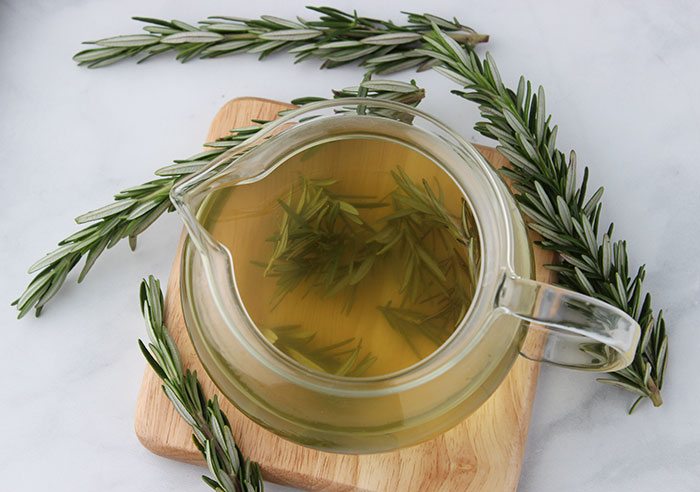
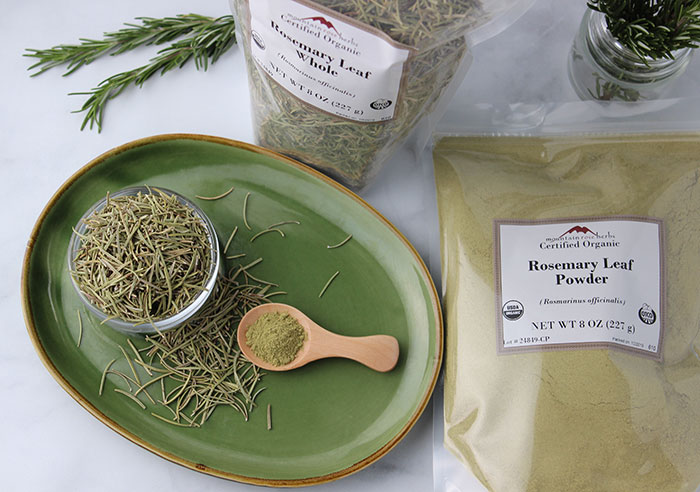 Mountain Rose Herbs is a paid sponsor of this website. The opinions expressed here, however, are completely our own.
Mountain Rose Herbs is a paid sponsor of this website. The opinions expressed here, however, are completely our own.How to Use
Keep in mind, rosemary leaves are a strong herbal substance filled with concentrated oils and should consequently be used in small quantities. Likewise, rosemary essential oil is not recommended for internal use.
Freshly minced rosemary, dried leaves or ground rosemary powder is a fragrant and flavorful addition to use in numerous culinary dishes. Its unique combination of flavors, like pine, mint and citrus, easily permeates a dish so use it sparingly.
Rosemary herb as a culinary seasoning is easy to integrate into many savory dishes, soups, sauces, stuffing's, marinades and, in the U.S., is commonly used with potatoes and poultry. Sometimes whole leaves and stems are usually removed after cooking as they can be quite fibrous.
Our Top 3 Ways to Use Rosemary Herb
1) Tea Infusion - Fresh or dried rosemary tea is a great way to enjoy this herb and taking in its fragrance as well as its stimulating, purifying and carminative influence.
2) Oil Infusion - One of our
favorite ways to use rosemary herb is infused into a high-quality extra
virgin organic olive oil. This type of rosemary oil can be used on fresh
salads or drizzled onto meals for a rosemary flavor.
3) Vinegar Infusion
- Vinegar also makes a great solvent for extracting rosemary's
beneficial compounds and can be incorporated into marinades, dressings
or used as a condiment with meals. It can also be used in a fire cider recipe.
We highly
recommended growing your own rosemary as a potted plant or garden
variety. We gave a rosemary start to a relative who lives on the
California coastline over 30 years ago and the plant is still thriving
today.
Having access to fresh sprigs of rosemary as well as the edible flower is a must if you enjoy making your own herbal products for the hair and skin.
Precautions:
Rosemary herb is rich in volatile oils that may cause uterine contractions and is best avoided in large amounts during pregnancy. Never take pure rosemary essential oil internally. Consult your health care advisor before using rosemary if you are pregnant, nursing, taking prescribed medications or if you have a serious medical condition.
Shop Related Products (About Affiliates & Amazon Associate Paid Links)
Affiliate Disclaimer: This section contains affiliate product links. If you make a purchase through our recommended links, we receive a small commission at no additional cost to you. Thanks for the support.


